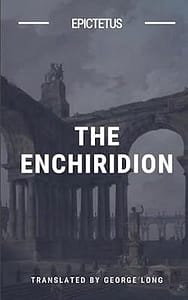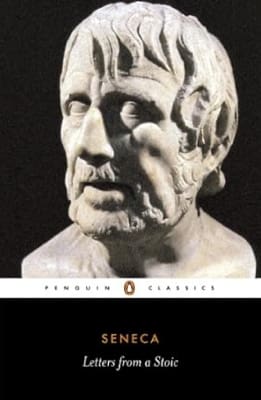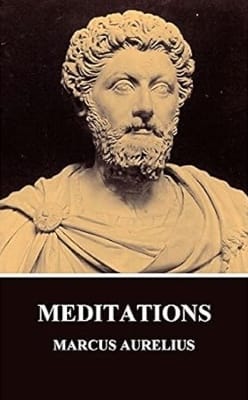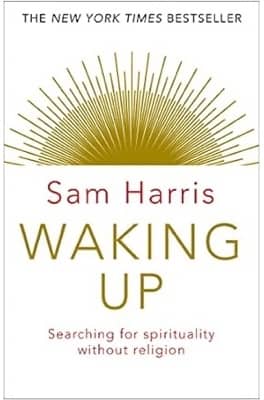 “The Enchiridion“, or “The Manual“, is a short text by Epictetus, a Stoic philosopher who lived in the 1st and 2nd centuries AD. Although Epictetus himself wrote nothing, his teachings were compiled by his pupil Arrian. The Enchiridion is a concise guide to Stoic philosophy, intended to provide practical advice for daily living and personal conduct based on the principles of Stoicism.
“The Enchiridion“, or “The Manual“, is a short text by Epictetus, a Stoic philosopher who lived in the 1st and 2nd centuries AD. Although Epictetus himself wrote nothing, his teachings were compiled by his pupil Arrian. The Enchiridion is a concise guide to Stoic philosophy, intended to provide practical advice for daily living and personal conduct based on the principles of Stoicism.
The core of Epictetus’s teaching in “The Enchiridion” revolves around the distinction between what is within our control and what is not. Epictetus argues that our own opinions, aims, desires, and aversions are within our power, while external events are not. He teaches that true freedom and happiness come from recognizing this distinction and focusing our efforts only on those things that are within our control. By doing so, we can maintain our tranquility and contentment in the face of life’s challenges and uncertainties.
Epictetus emphasizes the importance of self-discipline, integrity, personal responsibility, and the development of good character. He advises against being overly concerned with material possessions, social status, or the opinions of others, as these are external and beyond our control. Instead, we should cultivate inner virtues, such as wisdom, courage, justice, and temperance.
“The Enchiridion” also discusses how to deal with adversity, the importance of accepting events as they occur, and the value of reflecting on one’s own actions and attitudes. Epictetus encourages readers to practice mindfulness in their daily lives, to live in accordance with nature, and to strive for personal improvement and ethical living.
Despite its brevity, “The Enchiridion” offers profound insights into the human condition and provides timeless guidance on how to live a life of virtue and inner peace. Its teachings have influenced countless individuals throughout history and continue to be relevant in contemporary discussions on philosophy and personal development.





